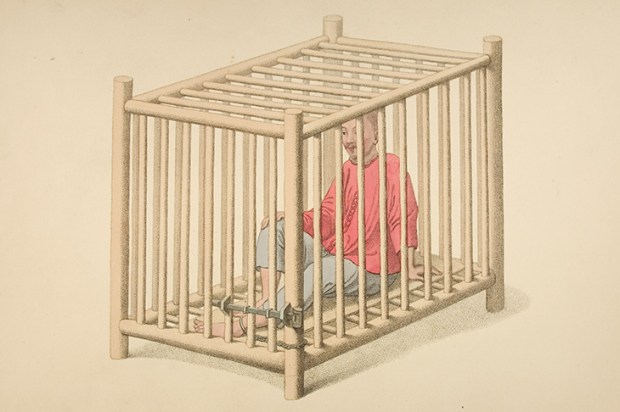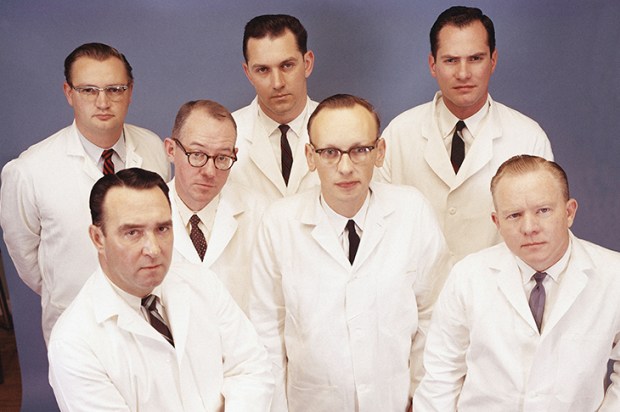Our esteemed editor has drawn my attention to the word ‘ecocide’. It was employed by the Greens Party’s treasury spokesman Nick McKim. What can I tell you about ‘ecocide’? First, the unhappy truth that it appears in the august pages of the Oxford English Dictionary. It made its first appearance in print in an Ohio newspaper in 1969 in an article about pollution which talked about ‘ecocide – crimes against humanity by destruction of the environment’. The word is composed of two bits. The first, the ‘eco-’ bit, (as you know) refers to the environment, while the ‘-cide’ bit comes from a Latin source that means ‘to deprive of life’. The ‘life’ in the environment being referred to here is… us. This is where the hysterical melodrama comes into play. Last November the United Nations estimated there are now eight billion of us. So, the word ‘ecocide’ is a claim that the environment will be so changed that eight billion of us will die. All eight billion of us. After all, in a ‘homicide’ the victim dies – not partly dies, or loses a limb here or there but totally and completely dies. ‘Ecocide’ can only mean that all eight billion of us (all human life) will die out. There are people who seriously believe this. That’s why there is a mob called ‘Extinction Rebellion’. They claim that all eight billion of us will die and look forward to a time when the number of human beings on Planet Earth will exactly equal the number of dinosaurs. (That, after all, is what the word ‘extinction’ means.) Does this strike you as a slightly extreme view? The climate may well change. The global average temperature may rise by a few degrees. But the evidence that we will survive in our billions is very simple – human adaptability. Human beings can live in Siberia or in the Sahara. Adaptability. Human beings can live in Reykjavik or Singapore. Adaptability. Will the oceans rise? The Netherlands is already below sea level (that’s why they have things called dykes). Adaptability. Ah, yes, no need to panic then. As for the vivid imagination of Nick McKim, well, perhaps he should turn to writing lurid comic books and let the adults get on with talking about government policy.
One of the things we wordies love is to learn a new expression. Recently I discovered to my great delight the American expression ‘eighty-six’ – meaning refusing to serve a customer in a restaurant. The Merriam-Webster dictionary explains it this way: ‘Eighty-six is an informal word that means “to eject, dismiss, or remove someone”. It is usually used in the context of banning or refusing to serve a customer, but it can also refer to rejecting, discontinuing, or removing something in general.’ And the example they give is: ‘The teenagers were eighty-sixed by the manager after they attempted to start a food fight in the restaurant.’ So, where does it come from? There are several possible explanations. It might come from Chumley’s Bar and restaurant at 86 Bedford Street in New York; or it might be a reference to article 86 of the New York state liquor code which defines when bar patrons should be refused service. Possibly it came from Delmonico’s Restaurant in New York City. Item number 86 on their menu, their house steak, was apparently often unavailable during the restaurant’s early years. The problem is there a lack of solid evidence for any of these. Nor is there evidence for my preferred explanation: that ‘eighty-six’ is rhyming slang for ‘nix’ which has meant ‘nothing’ in British and American slang since at least the 19th century. While we think of all rhyming slang as coming from the cockneys of London, it is much more widespread having been coined in Australia, Scotland and America since the early 20th century. So, it’s possible that ‘eighty-six’ means ‘nix.’ Research continues.
Got something to add? Join the discussion and comment below.
Contact Kel at ozwords.com.au
You might disagree with half of it, but you’ll enjoy reading all of it. Try your first month for free, then just $2 a week for the remainder of your first year.













